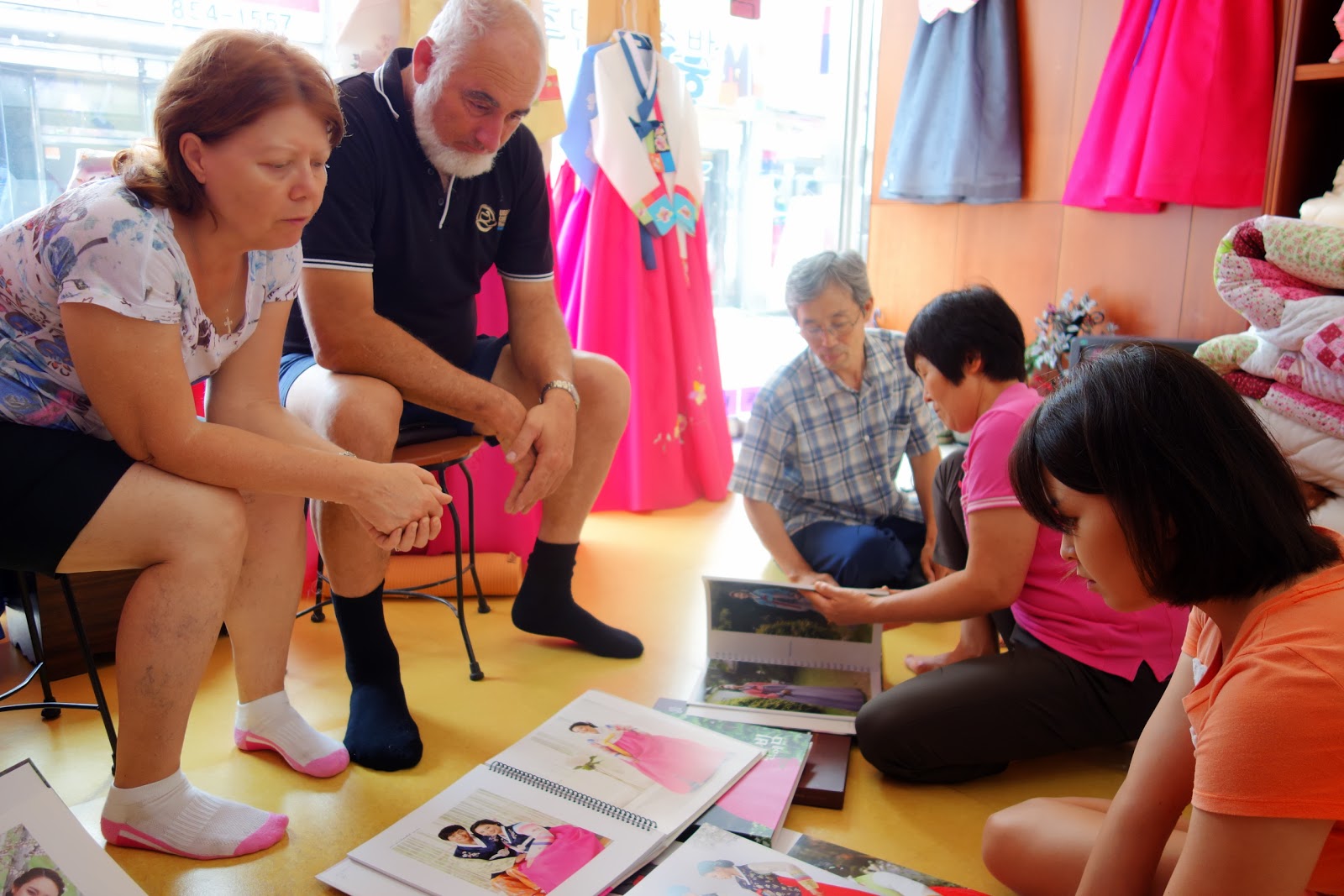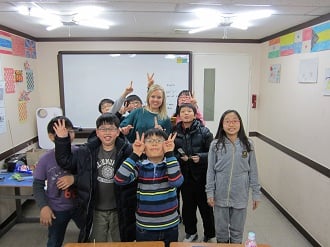
Cultural Differences in the Korean Workplace

Cultural Differences in the Korean Workplace
In my last post I talked about the influence of Confucianism in the ESL classroom. We briefly discussed how Confucianism is deeply embedded in Korean culture and how you can see the effects of Confucianism even in modern day Korean society.
Korea has its own unique language, culture and customs. While these give Korea its distinct identity, many of these social behavior and customs are remarkably different from Western countries.
Many westerners have a hard time adapting and getting used to the culture and the working environment here. When faced with the Korean work attitude the reaction of Westerners range from shocked, frustrated, annoyed, furious to outright enraged.
The cultural differences between Korea and the western nations are diverse and varied. In this post I will talk about a few of these differences especially in the workplace.

Personal questions:
‘How old are you?’ is probably one of the most frequently asked question in Korea. The Korean concept of personal questions is very different than what you will find back home. It’s normal for Koreans to ask personal questions about age, religion, marital status, living arrangements, etc. I know that not all Korean people do this. Koreans ask these questions in order to place you in the social/workplace hierarchy. Don’t take it personally. That’s how they talk to each other. You would be surprised how many are ignorant about what the English cultural rules are for being polite and avoiding socially unacceptable topics like talking about body weight and appearance. Refusing to answer personal questions is acceptable in western culture, but in Korean culture these questions are considered normal. Based on your answers they then know how to talk to you, how and where you fit in the social structure. So expect people to ask these personal questions. Don’t feel offended or uncomfortable. Just be patient and answer away!
Age:
In the last post I mentioned how age is very important in Korean culture. There are strict rules of politeness and socially accurate behavior concerning age. For example, a younger person cannot simply point out an older persons mistakes, but must speak indirectly in a way that does not offend the older person. Also in Korea,addressing someone by their title or position is important. In Western culture, position titles are not used when addressing a person. Using Mr., Mrs., or Ms., and the last name is not only acceptable but polite. In Korea, title indicates status, so it is important to refer to a person’s title otherwise, people may be offended.
In Western culture, people can be friends with whomever they want, but in Korea you can only call someone your friend if he or she is the same age as you. If someone is older than you, you can not be friends and you have to refer to the person with the Korean honorific for an older sister or brother even if you are close to that person. This is true in the workplace too. Being a foreigner you can very easily get away by addressing someone using Mr./Mrs./Ms. so and so. However, it’s good to know the proper custom.
Confrontation and Loss of face:
According to the dictionary the term “Losing Face” expresses the concept of losing the respect of others, especially in public, which is very important in many Asian cultures. In Korea, ‘face loss’ must be avoided at all cost. In western cultures it is acceptable to openly show disapproval or disagreement. Most Koreans however never express anger or criticism as a rule especially if the person is older or has a higher social rank. Things will get unpleasant and difficult should you decide to show anger, disapproval or anything negative towards a Korean who is older or has a higher social ranking. The indirect approach is always better. Taking an indirect diplomatic route, avoiding open confrontation and loss of face for everyone involved will ensure a better relationship and an overall stress free experience.
Working hours:

I think most hakwon teachers can relate to this. Many ESL teachers find it challenging to work in Korea due to the odd working hours in many private institutes or hagwons. Most hagwons have split-shifts, some have multiple split-shifts. This means your whole day is chopped up with breaks here and there. Oftentimes, teachers in the private hagwons have no proper lunch or dinner break. While public schools provide proper lunch break and meals for the teachers including the native teachers in the school cafeteria, hagwons do not. Since Koreans eat fast, the foreigner teachers in the hagwons are expected to use their 10 minutes break in-between classes to eat their lunch or dinner.
In western cultures we believe ‘time is money’, this concept is not true in Korea. Many hakwon teachers have to teach classes outside the institute. For example, Company classes are usually held on the site, which means that the teacher must commute to the site in order to take the class. However, the teacher is only paid for the class time and not the commute time. So even if you used an hour to get back and forth from the site and another hour to teach the class you will only get paid for 1 hour not 2 hours. It is difficult and seems unfair but it is an inevitable truth about working in private hagwons in Korea.
Last minute notices and schedule changes:
This is another thing many westerners are not accustomed to. As an ESL teacher in Korea, you are frequently told things at the last minute or not at all. For example, as you are walking in your class in your semi-formal clothes, you are told that today is the day they are going to take pictures and so you should be dressed formally. Or as you are heading out the door you are told that from tomorrow you start an early morning class or that tonight is the mandatory dinner party etc. you get the picture!
Sometimes the things you are asked to do are almost impossible. For example, you are told at the end of your day that you must submit the evaluations for a class of 20+ students by tomorrow morning. Or prepare 6 months worth of lesson plans for a business English class by the next day etc.
Needless to say most teachers not only find this situation frustrating but highly daunting. Many teachers complain about how they are excluded from the decision-making process. Exasperating as it may be, this is yet another reality of working in Korea.
Drinking culture:

Korea has a unique drinking culture unlike anywhere else in the world. Drinking is not only socially acceptable but it is also essential for developing good personal relationships between you and your Korean co-workers or your students. Koreans usually have dinner parties or ‘Hweshik’ (회식). It is more than just drinking. It is a bonding process. It is how Koreans generally get to know each other, become friends or resolve conflicts. When you are invited to such gatherings it is polite to accept and share a few drinks. It builds camaraderie and is good for establishing a better relationship with other Koreans.
These are some of the cultural differences you may encounter in Korean workplace. Understanding these cultural differences can not only improve work efficiency but also improve the relationship between the native teachers and the Korean staff. This information can help you get oriented and provide you with some basic information about Korean workplace to make your experience working in Korea more enriching.
